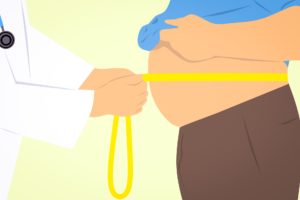Estrogen raises HDL cholesterol, which could explain why, as a rule, women have higher HDL levels than men. Estrogen production is highest during the childbearing years so pre-menopausal women are usually protected from developing heart disease.
Women also tend to have higher triglyceride levels. Triglyceride levels below 150 mg/dL are considered normal. As women grow older, gain weight or both, their triglyceride and cholesterol levels tend to rise. Diet and exercise can be helpful in lowering triglyceride levels.
Postmenopausal hormone therapy (PHT) is not recommended for use as a cardiovascular prevention. Studies have been conducted that show women who had previously had a heart attack did not benefit from PHT. Recent clinical trials also appear to confirm that PHT does not appear to reduce the risk of cardiovascular disease and stroke in postmenopausal women.
Drug therapy is often recommended for women with heart disease to lower their LDL. This should be combined with a weight management program, dietary changes, and an exercise program. Strongly recommended is a diet low in saturated fats, trans fats, cholesterol and sodium, and rich in fruits, vegetables, whole-grain and high-fiber foods, and fat-free and low-fat dairy. Fish (such as salmon, trout, or haddock) should be eaten twice a week.





